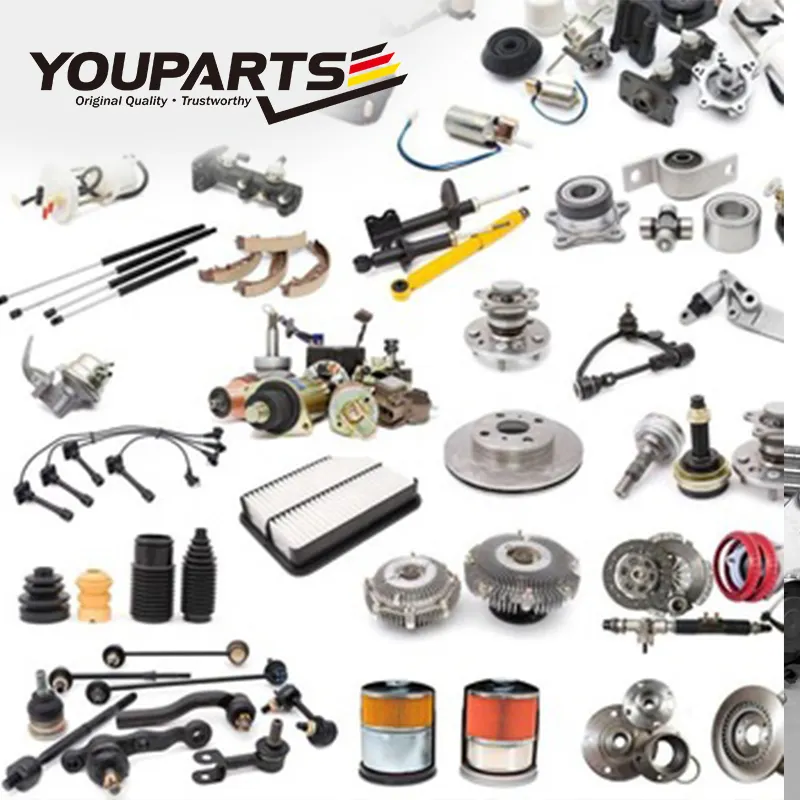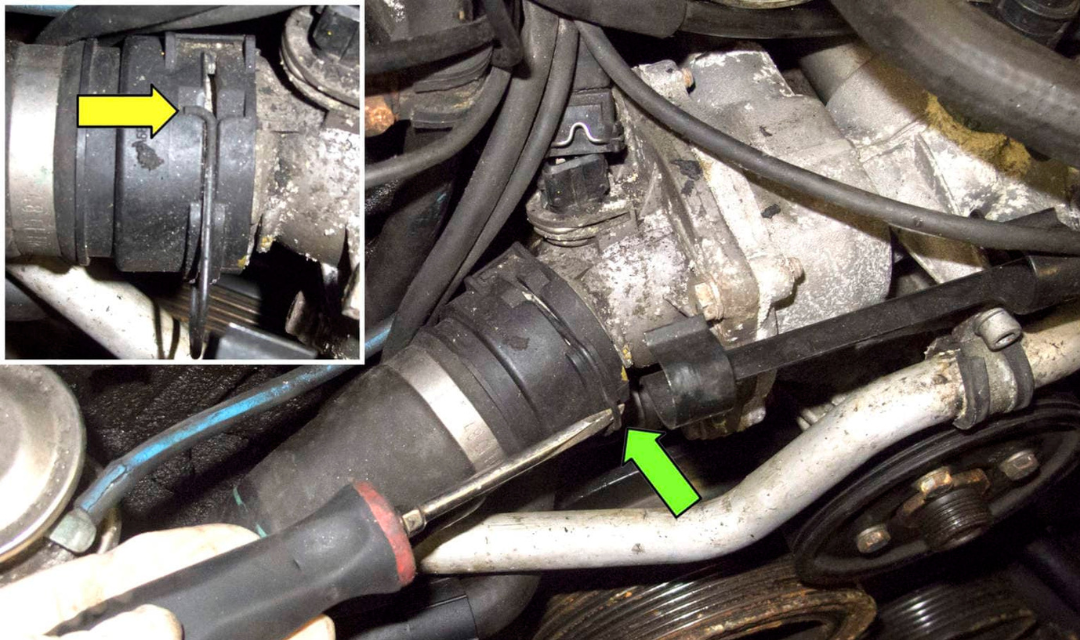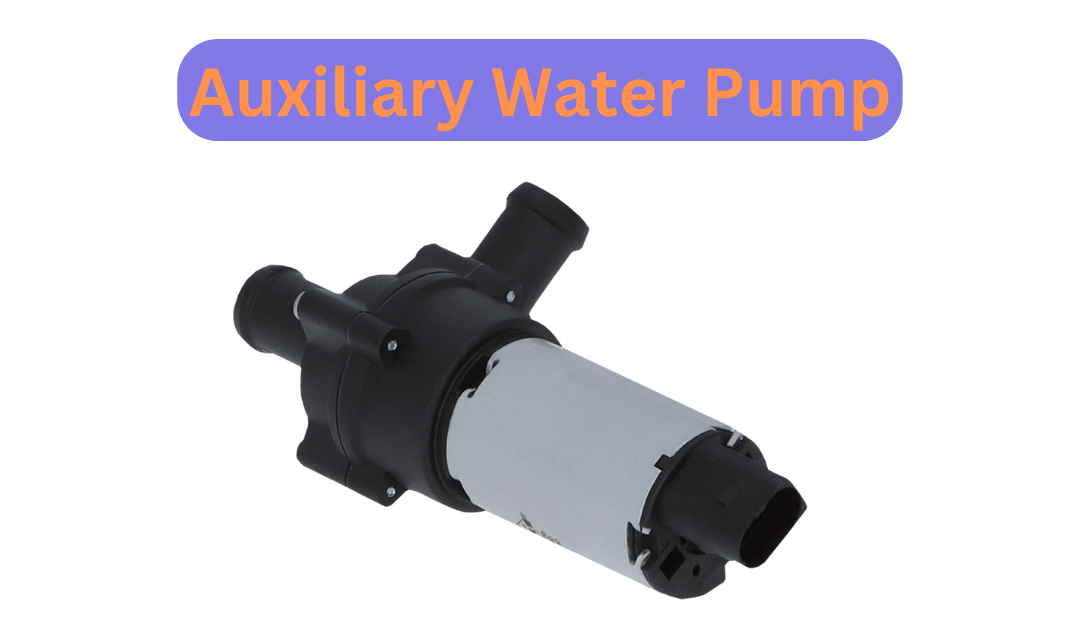When automobile owners are looking for high-quality replacement components for their vehicles, they frequently turn to auto dealerships. Do auto stores, however, offer Original Equipment Manufacturer (OEM) components? The majority of auto dealerships do indeed sell Original parts. In this article, we’ll discuss OEM components, their significance, and why car dealerships are a fantastic place to get them.
What are OEM Parts?
Original Equipment Manufacturer is referred to as OEM. OEM parts are replacement components made by the same business that created the vehicle’s original components. OEM components, then, are identical to the components that arrived with your car when it was brand-new. OEM components are guaranteed to fit and work properly and are created to precisely match the requirements of your vehicle.
Why are OEM Parts Important?
OEM components are crucial for a number of reasons. They are first and foremost made to function perfectly with your car. You can be confident that they will fit and work properly because they are manufactured to the same specifications as the original parts. This is crucial since using non-OEM components can jeopardize your vehicle’s performance and safety.
Second, premium materials are used to create OEM pieces. The components used in automobiles are the result of extensive research and development by the auto industry. They pick materials that are strong and can withstand the abuse of regular traveling. You can be certain that OEM parts are made of the same premium components that were used to build your car when it was brand new.
Finally, using OEM components can help safeguard the warranty on your car. For the warranty to stay in effect, the majority of automakers demand that OEM parts be used for all repairs and replacements. You run the chance of nullifying your warranty if you use non-OEM components.
Why Buy OEM Parts from a Car Dealership?
Although there are other places to get OEM parts, buying from a car dealership is a fantastic idea for a number of reasons.
The first benefit is that auto dealers have direct access to OEM components. They can order parts straight from the manufacturer because they are in a direct relationship with them. This implies that they can simply and quickly obtain the components you require. They can also give you professional guidance on the parts your car needs.
Second, trained technicians who are acquainted with your car are available at car dealerships. When you take your car to a shop for service, the mechanics are qualified to identify and fix any problems. Additionally, they are knowledgeable enough to suggest the finest components for your car.
Thirdly, items sold by auto dealers come with warranties. This means that the dealership will replace the part for you at no charge if there is a problem with it. This is crucial since it gives you the assurance that you are safeguarded in case something goes wrong.
Last but not least, purchasing Original parts from a car dealership guarantees that you will receive the correct component for your vehicle. Each makes and model of car has a wide range of parts available, making it challenging to identify the one you require. You can be certain that you are getting the right part when you purchase from a dealership.
Where do dealers buy car parts?
Depending on the sort of product they require and its availability, auto dealerships often get their auto parts from a few different suppliers. Following are some of the principal places where dealerships purchase their auto parts:
Original Equipment Manufacturer (OEM) – Automobile dealerships frequently purchase OEM parts directly from the manufacturer, as was noted in the preceding response. The greatest site to find replacement components of the highest caliber that will fit and work properly in the car is here.
Aftermarket Parts Manufacturers – Parts that are produced by businesses other than the original manufacturer are known as aftermarket parts. Although they are frequently less expensive than Original components, they can not be as good or reliable. Yet some aftermarket components are of excellent quality and can be a viable choice for specific repairs.
Salvage Yards -Vehicles that have been wrecked or damaged are disassembled at salvage yards, and the salvageable components are then sold. If a dealership can’t locate a new part or if the price of the new part is too high, they may purchase used parts from salvage yards.
Independent Parts Distributors – There are numerous independent parts distributors who focus on marketing automotive components. These distributors can be a useful source for hard-to-find parts and may have access to OEM or aftermarket components.
Online Retailers – A lot of dealerships also purchase auto parts from internet merchants. Dealerships may purchase from one of the many internet stores that specialize in selling auto parts if they are unable to locate the part they require locally.
In general, auto dealerships make an effort to purchase components from reliable vendors who provide high-quality parts at competitive prices. They might have connections with specific manufacturers or suppliers whom they depend on and trust when they need parts. However, dealerships will also compare prices and availability to find the best bargain on the parts they require.


